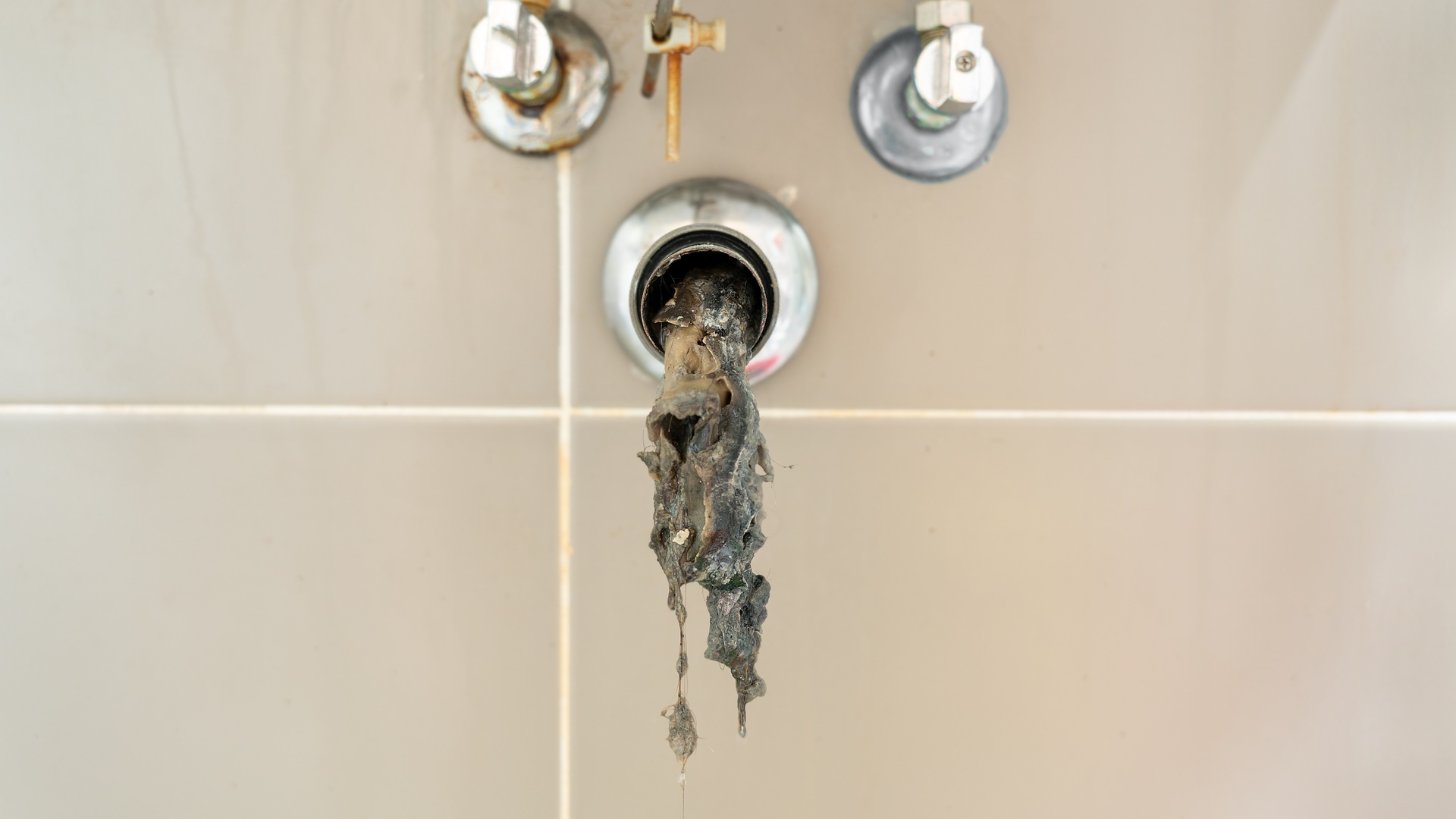4 Common and Preventable Causes of Sewer Blockages

Blocked sewers can lead to unpleasant odors and hazardous backups. The good news is most sewer clogs are preventable with just a little know-how. Here are some common and preventable causes of sewer blockages that you need to be aware of.
1. Non-Flushable Items Are Trouble in Disguise
Just because a product claims to be “flushable” doesn’t mean your pipes will agree. Makeup wipes, diapers, sanitary products, and paper towels take more time to break down compared to toilet paper. These materials may get caught in bends and joints, quickly leading to a blockage.
A National Association of Clean Water Agencies study found that wipes led to millions of dollars spent on clean water utility maintenance. To keep your sewer clear, stick to flushing toilet paper only and dispose of all other items in the trash.
2. Tree Roots Cause Trouble
Trees roots are drawn to the moisture inside sewer lines. Over time, tiny roots may invade small cracks, growing until they block water flow completely and crack the pipe.
The US Forest Service found that roots were a major cause of sewer stoppage in US cities in the mid-1950s. Regularly check for slow drains or gurgling sounds, especially if you live in an established neighborhood. Preventative root barriers and professional inspections can help avoid root-tastrophes.
3. Clogged Filters Reduce Sewer Flow
Sewer and sump pump filters trap debris before it enters the pipes, but these barriers become clogged without regular maintenance. Overloaded filters cannot let water pass through, increasing the risk of backups and overflows.
Keep an eye on your filters every season. Some things to look for when buying a sewer inspection camera include a long-lasting battery and high recording storage to keep track of the system’s progress. Mark your calendar for regular cleanings, especially during spring and fall when debris tends to accumulate.
4. Food Waste Should Never Go Down the Drain
It may be tempting to wash leftover food scraps down the sink, but doing so is a recipe for sewer problems—especially if you don’t have a garbage disposal. Coffee grounds, eggshells, and starchy foods like pasta and rice are common and preventable causes of sewer blockages. Whenever possible, compost food scraps or dispose of them in the bin.
A little prevention goes a long way in maintaining your sewer system. If you’re unsure about your sewer’s health, schedule a professional inspection and ask about local programs for proper waste disposal. Protect your pipes today, and enjoy peace of mind tomorrow.








